Robin Good: This is an excellent and thorough guide on how to find out whether you have been hot by Panda and on how to fix Google's most feared automatic penalization algorithm to date, based on the Panda fighting experience at SEOgadget in 2011.
From the article:
"Panda is about dealing with bad content, not bad links. Bad content comes in different flavours: duplicate, weak, thin and template.
Panda acts like a domain wide penalty: your whole site is affected and your good stuff is dragged down by your bad stuff.
Web crawler accessibility issues affect how search engines see, and therefore assess, your content.
Often, badly designed Information Architectures compound the problems with already weak content.
Large sites that have many pages, templated content and lots of sub-categories are the most at risk.
If you haven’t been monitoring and fixing your accessibility issues, as highlighted in Google Webmaster Tools, you are at risk."
Three key takeaways:
"1) The world is not as it once was.
Crap websites trying to masquerade as decent websites are being hunted down and sunk below the quality line.
2) Google owes you nothing.
Tactics to just barely raise your quality enough to recover your rankings are unlikely to pay dividends. You may well find yourself a loser again the next time the quality bar is raised.
3) Google is judging you.
Google is going to continue to raise the quality bar with future updates. When your competitors improve their websites, you will be weakest and in line for the chop at the next quality update."
Highly recommended. 9/10
Full article: http://econsultancy.com/uk/blog/8583-how-to-identify-and-fix-google-panda
 Your new post is loading...
Your new post is loading...
 Your new post is loading...
Your new post is loading...




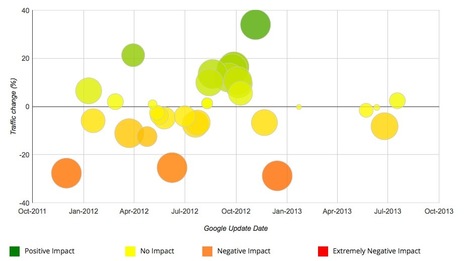

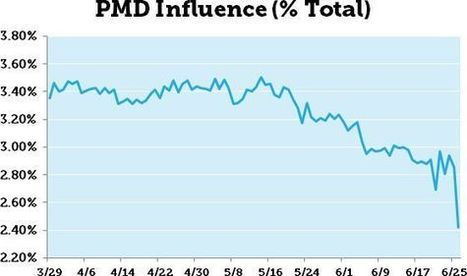
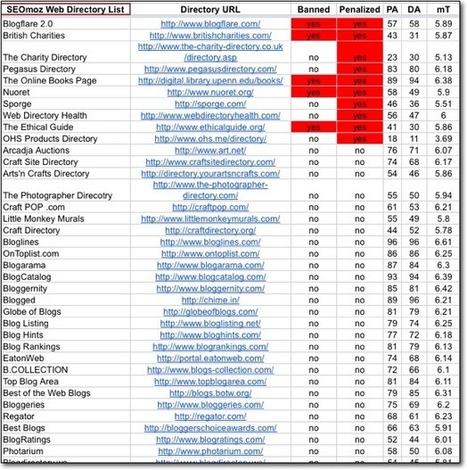
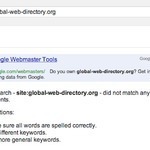
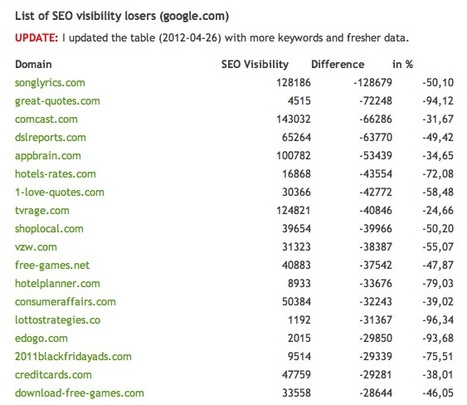
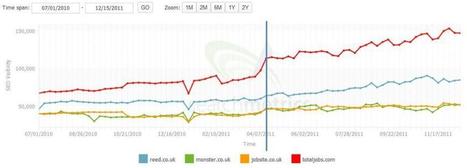
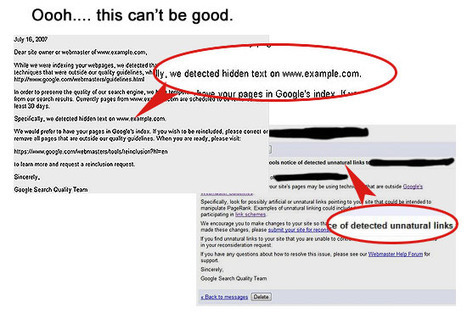
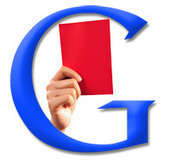

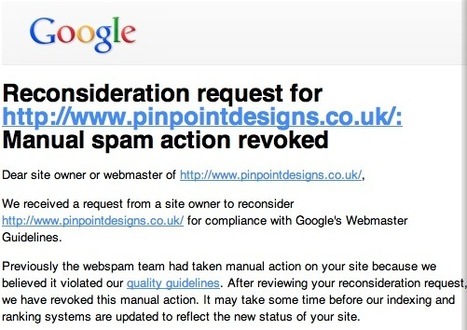

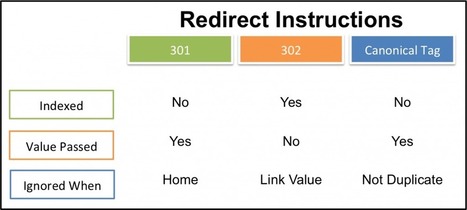








This is a really useful visualization of the impact of Google's updates on your websites. It allows you to see at a glance which updates had most impact and why.
The basic (free) plan allows for the checking of two websites - if you want more than that you have to upgrade to the Pro version.
Warning - the analysis of my main site had more red on it than the one shown above - and too many big red blobs really depresses me :-(
Register for a free account here: http://fruition.net/sem/user/register